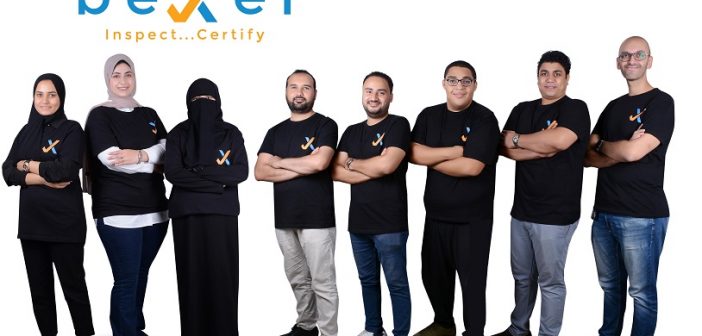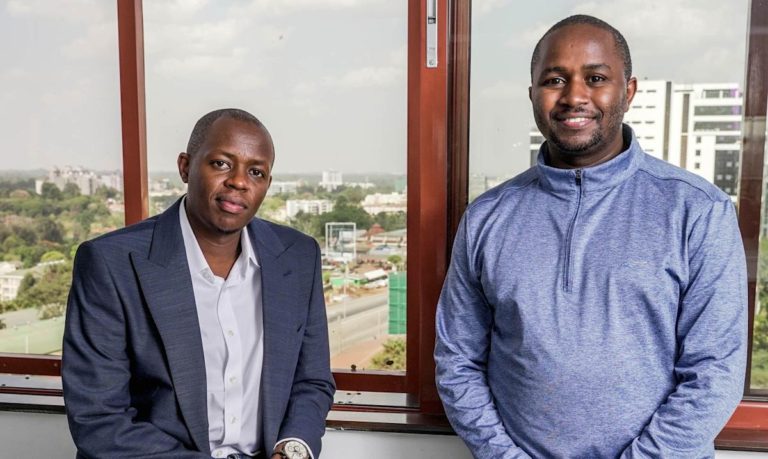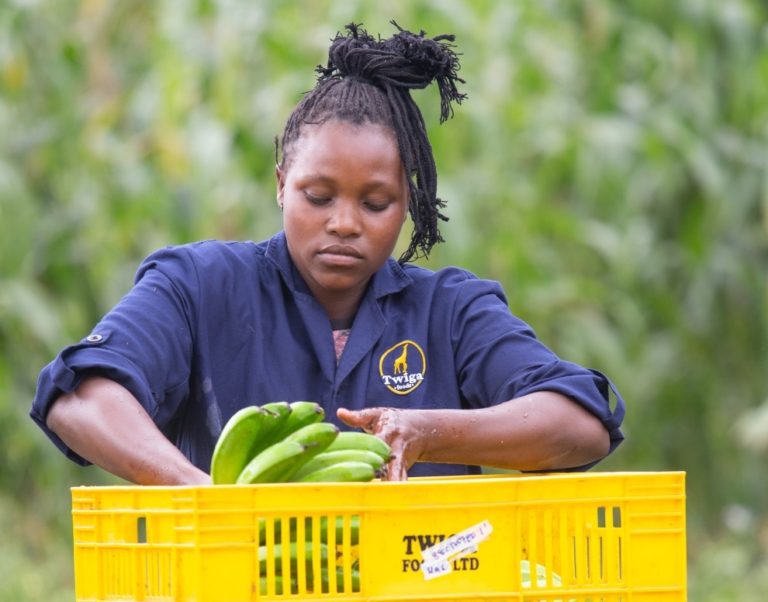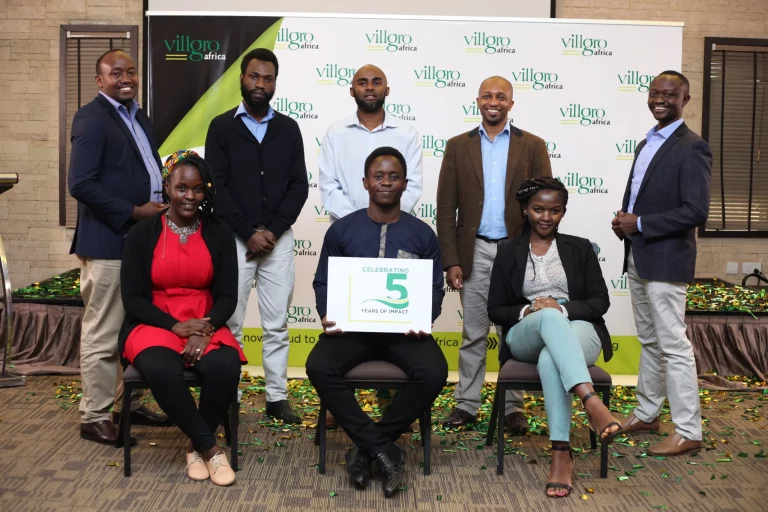AltSchool Africa secures $1m to address Africa’s shortage of entry-level talent
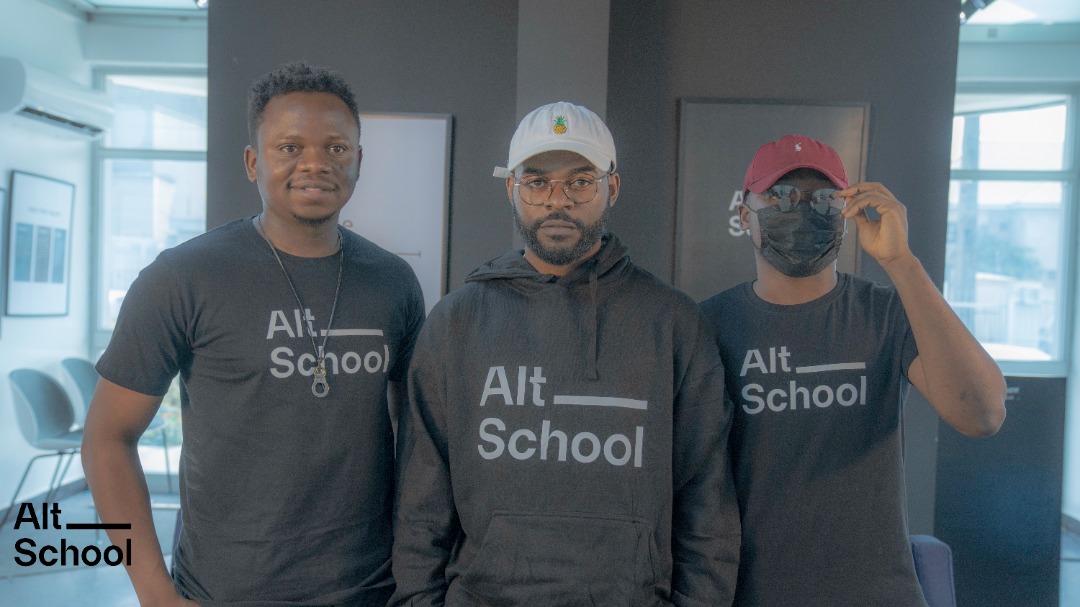
In recent years, the emphasis on tech talent development in Africa has shifted from entry-level to senior talent development. In addition, the local education system’s inability to provide competent engineering talent has created a gap in the market for entry-level talent. AltSchool Africa recognizes this and has raised $1 million in pre-seed funding to that end.
Folarin Falana (Falz), a Nigerian entertainer, is among the round’s investors, as are Flutterwave Founder Olugbenga GB Agboola, Paystack Founder Shola Akinlade, Nigerian musician and rapper Akitoye Balogun (Ajebutter), Pledges, Nestcoin, and ODBA VC.
AltSchool launched in October 2021 with a simple mission: to provide a year-long education that provides students with skills and a certificate.
This resulted in a collaboration with Michael and Cecilia Ibru University. Graduates of the program will receive a diploma certificate as a result of this collaboration. AltSchool tutors participants for nine months, followed by a three-month internship, to accomplish this.
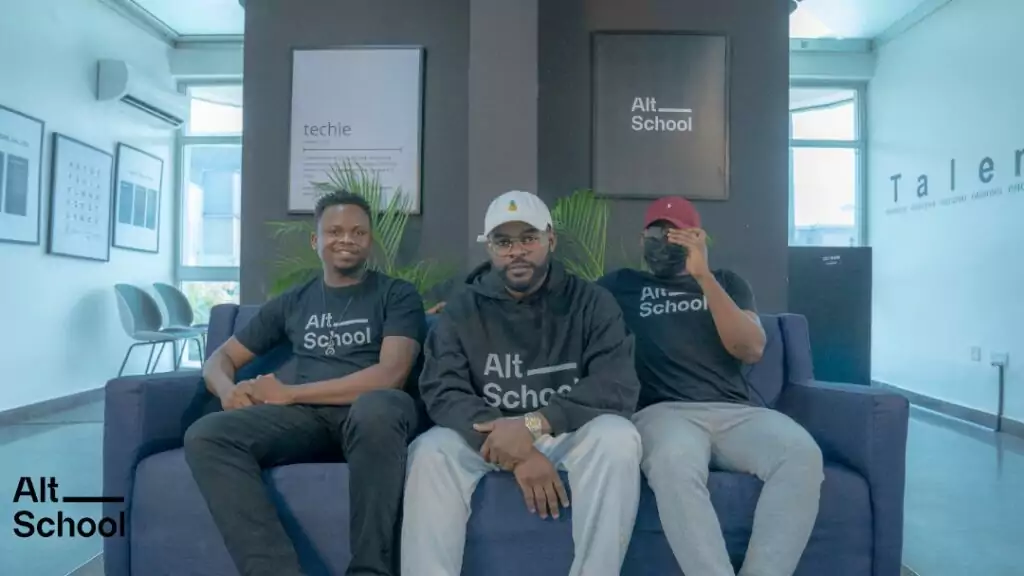
Its launch was met with a lot of enthusiasm and support from the local tech community, with several people paying the application fee for interested participants. Over 8,000 people from over 20 countries, including Nigeria, Ghana, Uganda, and Botswana, have enrolled as a result of this support.
It uses an income-sharing model, as do most startups focused on providing tech skills, in which students do not have to pay for tuition until they get a job. They must, however, pay a $10,000 ($20) application fee.
When these schools open their doors, they will offer courses in product design, product management, and product marketing, among other things. The School of Engineering at AltSchool is currently offering three courses: frontend engineering, backend engineering, and cloud engineering.
Graduates will need to work on real-world projects to gain practical experience, and AltSchool provides its students with internship opportunities. Yusuf reveals that AltSchool already has startups interested in hiring AltSchool graduates as interns, though he does not name them.
“We’ve signed up some of the best startups on the market,” he says, “and that’s one of the most exciting aspects of what we’re doing.”
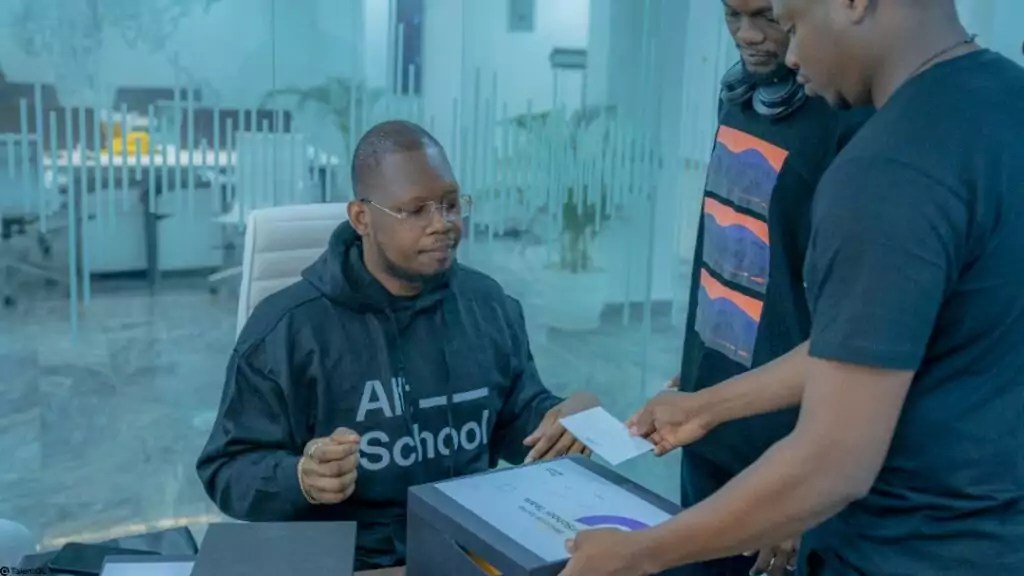
As the number of African startups has increased dramatically in recent years, so has the demand for qualified software engineers. However, after initially focusing on developing a pipeline of technical talent, much of the discussion has shifted to how to attract more senior talent.
As a result of this, less attention is paid to entry-level talent. As a result, startups on the continent are having difficulty finding entry-level talent. Fortunately, startups such as AltSchool, Gebeya, and Decagon provide a somewhat consistent supply of talent to the ecosystem.
Andela, arguably the pioneer in software engineering training, was founded in 2014. Participants were not only trained, but they were also placed in jobs with partner companies.
The model appeared to be working, but a need for more senior engineering talent prompted the company to reconsider its business model. During this time, it gradually reduced the number of junior developers on its payroll before transitioning to a talent outsourcing firm.
So, why is AltSchool focusing on entry-level talent while more established players are concentrating on senior engineers? As Yusuf correctly points out, senior engineers cannot exist without junior engineers.
More engineering talent will be required as more companies are established in Africa and competition for talent becomes more global. More startups like AltSchool, on the other hand, will be required to keep up with demand.


